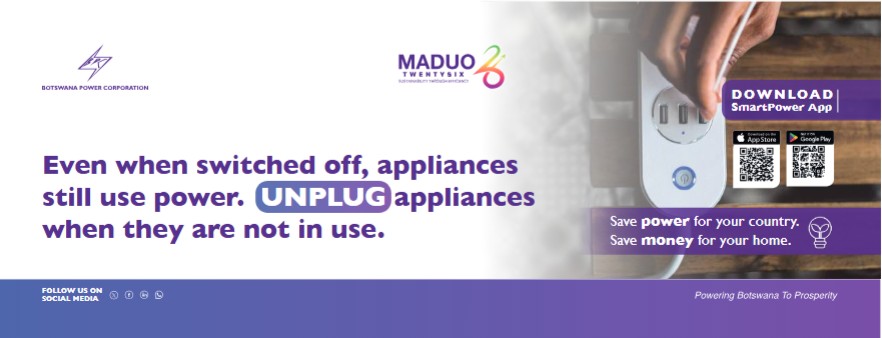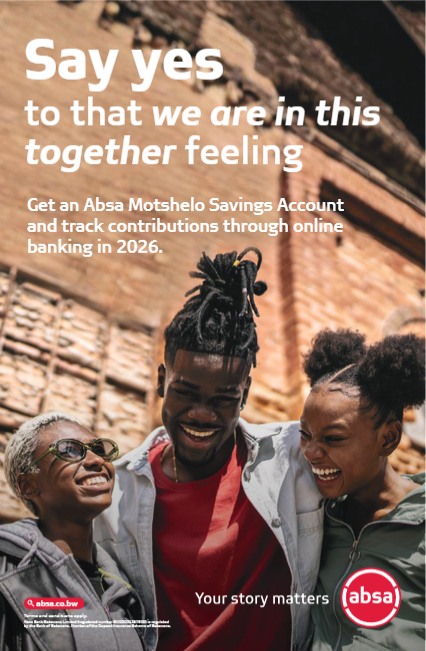INTERNEWS WORKSHOP ON REPORTING INDIGENOUS PEOPLE’S RIGHTS HELD
Internews South Africa last week held a four-day regional workshop, on the reporting on Indigenous People (Ips)’ Rights in Southern African Development Community (SADC).
The workshop which took place in CapeTown, was attended by journalists from Botswana, Namibia and South Africa.
They were trained on indigenous people’s rights, legal and policy frameworks and the Socio-Economic Impact on Women and Children in Indigenous Communities.
The training was also on best practices on how journalists can package their stories on IPs in order for such stories to be published.
The training facilitator, Paula Fray of Fray College said indigenous people are invisible on the news agenda.

“Stories are often written but it is difficult to get editors to publish them,” said Fray adding that there is often a fight to get resources and time to cover Indigenous people stories.
Gakemotho Satau of ToCadi Trans Okavango Cultural Development said the challenge faced by IP is official discrimination, exclusion and dispossession by government institutions and dominant groups.
Satau noted said their human rights and fundamental freedoms are not safeguarded, which makes them vulnerable and unable to cope with environmental uncertainty.
“IPs are destitute and poverty stricken.There are many stereotypes like thinking that indigenous people are backward, primitive, uncivilised and so forth. They are evicted from their ancestral land or being denied access to the natural resources upon which their survival as people depends. The survival of their particular way of life depends on access and rights to their traditional lands and the natural resources. Land rights is a critical commodity to IPs, hence SADC member states should place land at the centre of IP, debate,” highlighted Satau who went on to recommend a strong request for recognition, respect and human rights protection for IPs.

He further stated that IP’s rights are collective rights hence the need to be respected for the benefit of SADC and should not be confused as minority rights. He also suggested inclusion of IP to have a say in their own future, based on their own culture, identity, hopes and visions.
For his part Paul Mulindwa of Centre for Conflict Resolution said IP are over-represented among the poorest segments of the national populations. He said the principle of gender equality is recognised in the national legal and policy frameworks of all our countries.
“In spite of the varying national contexts and their specific histories and contemporary situations, key challenges remain for IPs and particularly women and children. Globally, the information available indicates that indigenous peoples continue to face a situation of socio-economic disadvantage, which is even greater in the case of indigenous women. They are excluded from decision making in the family, community and in local and national governments. There is a need for advocating for their rights and the media is key,” said Mulindwa














